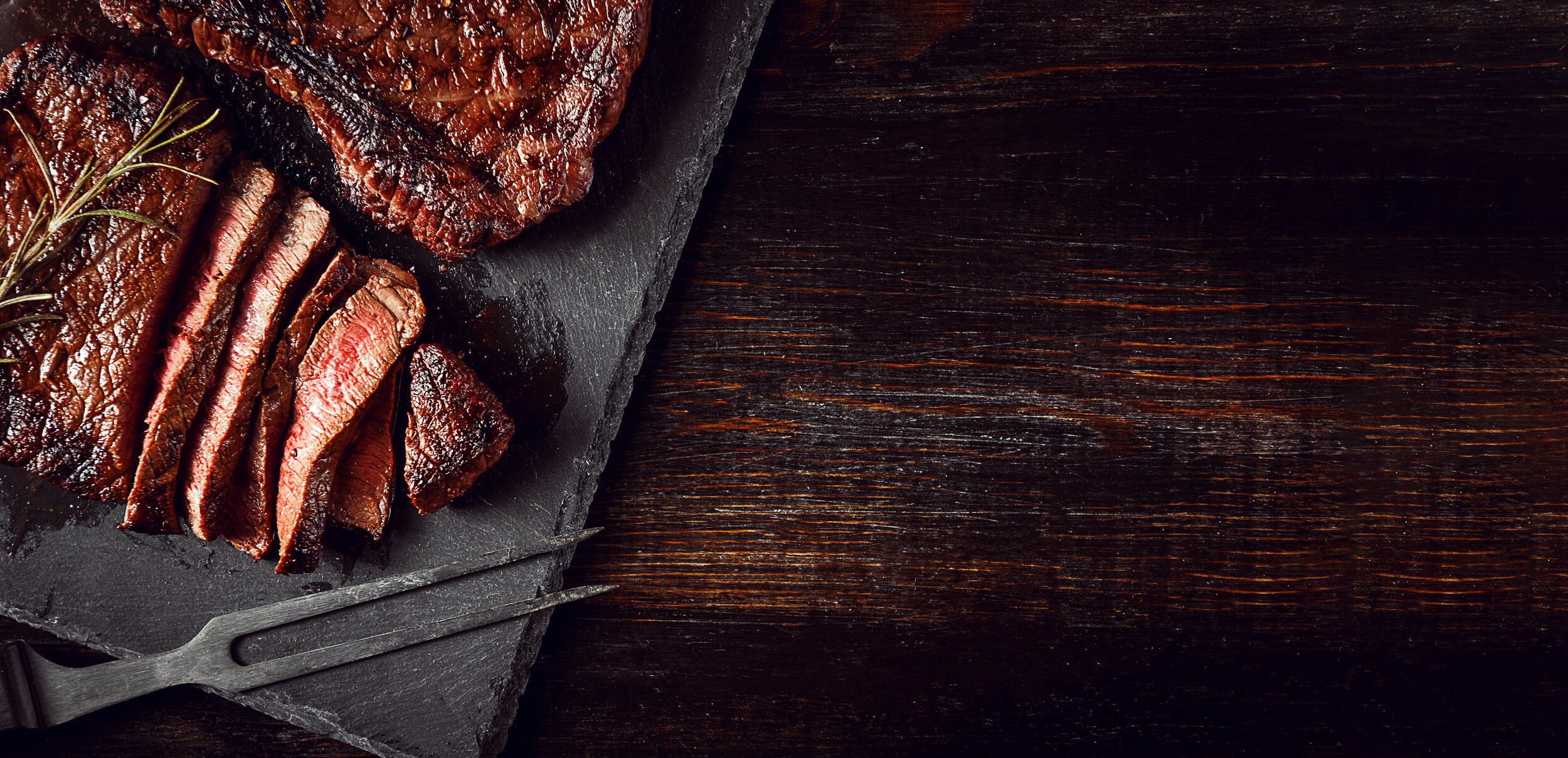Diverticulitis is a condition that occurs when pouches in the colon (called diverticula) become inflamed or infected. The symptoms of diverticulitis are often mild, but sometimes they can be quite severe and require emergency treatment. To help you avoid these symptoms, today we’re discussing what triggers diverticulitis flare-ups, namely specific kinds of foods to avoid with diverticulitis.
What Is Diverticulitis
If a patient does not consume enough fiber and water, their stool can become hard and harder to pass through the colon. By working harder, the muscles exert more pressure on the colon wall, causing it to bulge and form pouches. In medical terms, these pouches are called diverticula. In most cases, these pouches remain asymptomatic. However there are a number of uncomfortable diverticulitis symptoms that can be caused by these inflamed pouches, including cramps, bloating, diarrhea, constipation, and rectal bleeding.
Foods To Avoid If You Have Diverticulitis
There are certain foods to avoid with diverticulosis. Here is a list of the top ones:
High FODMAP Foods
FODMAPs are carbohydrates. It stands for fermentable oligosaccharides, disaccharides, monosaccharides, and polyols. Low FODMAP diets might help some people with diverticulitis. Why? According to research, a low FODMAP diet may help prevent high pressure in the colon, thus preventing or correcting diverticulitis. You should avoid the following foods:
certain fruits, such as pears, apples and plums
dairy foods, such as milk, yogurt, and ice cream
Fermented foods, including sauerkraut and kimchi
Cabbage
beans
onions and garlic
Brussels sprouts
Red & Processed Meat
If you’ve noticed that your diverticulitis symptoms often act up after a steak dinner, this may be another trigger to avoid. Studies have found that consuming red and processed meats (such as beef, pork, and lamb) could increase your risk of developing diverticulitis, or aggravate your symptoms if you already have it.
Foods High In Sugar & Fat
High fat, sugar, and low fiber Western diets may also increase the risk of diverticulitis. Foods that may prevent diverticulitis or reduce its symptoms include:
red meat
full-fat dairy
refined grains
fried foods
Other Foods & Drinks
Nuts, popcorn, and many seeds used to be recommended by doctors to be avoided because they thought the tiny particles from these foods might cause infection in the pouches. In some older studies, alcohol consumption has also been linked to diverticulitis.
Diverticulitis Treatment In Tampa Bay, FL
In the Colorectal Clinic of Tampa Bay, we are trained in minimally invasive techniques to handle all colon surgeries. The result is less pain, and shorter hospital stays. If you think you might be suffering from diverticulitis, get in touch with the Colorectal Clinic of Tampa Bay, and we'll help you diagnose and treat it.

